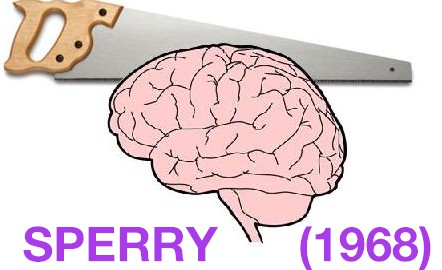Hall, L. J., & Player, E. (2008). Will the introduction of an emotional context affect fingerprint analysis and decision-making?. Forensic Science International, 181(1), 36-39.
Background
This is a study you may need for your OCR H567, Applied Psychology exam. It is from the criminal psychology unit. It considers the topic: The collection and processing of forensic evidence (biological). The application for this study is at least one strategy for reducing bias in the collection and processing of forensic evidence.
For this criminal psychology unit, it is highly recommended that you read Forensic Psychology: A Very Short Introduction (Very Short Introductions) to gain a deeper understanding of criminal psychology.
It is accepted that an expert in any discipline, as opposed to a novice, is able to demonstrate their increased competencies and cognitive processing skills, which have been enhanced with extensive training and practice. It is often said ‘that practice makes perfect’.
Continue reading Hall & Player (2008) – Fingerprint Analysis


